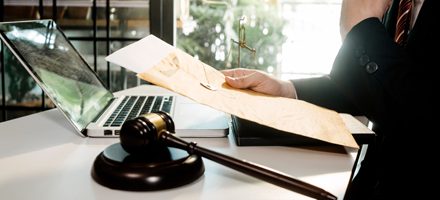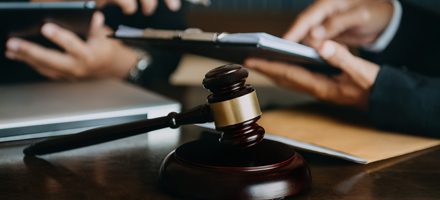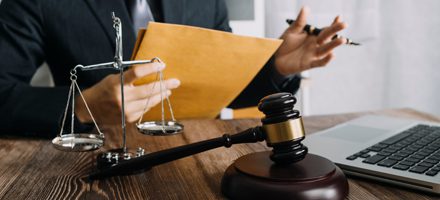Legal protection for high-net-worth
individuals and family offices for a fixed monthly fee.

Our experienced artificial intelligence lawyers understand machine learning and LLM. We are proudly one of the first law firms specializing in artificial intelligence.

Our business law attorneys handle non-compete law, Amazon account suspensions, Venture capital and investors, and influencer legal issues.

Our internet law attorneys are experienced in a wide range of areas, including technology law, intellectual property, cybersquatting, Trade Secret, trademark, and copyright.

Please visit our Marijuana Law website.

The litigation lawyers at Traverse Legal are recognized for their expertise, innovation, and client service in complex litigation issues.

Protect your autonomous technology with attorneys who understand cryptocurrency law, blockchain law, metaverse, and NFT.

Our SAAS attorneys are experienced in Uber and Lyft laws, Air BNB laws, and other vacation and short-term vacation rentals.

Our commercial real estate law attorneys have experience advising clients just like you with problems just like yours.
“Our Artificial Intelligence Lawyers don’t just adapt to new technology; we embrace it as a catalyst for delivering exceptional client outcomes. Our team of legal experts specializes in the secure, responsible, and innovative application of Artificial Intelligence (AI) tools to optimize legal processes. Our AI-enabled attorneys also offer our expertise to pioneering AI companies and businesses seeking to integrate AI solutions into their operations. We have also developed AI tools and chatbots for clients to answer questions and prepare clients for high-level discussions about their legal issues. Introducing Traverse AI™. Learn More Here.” AI Attorney Enrico Schaefer

Your website agreements are the contract between you and users, visitors, registered users, eCommerce customers, and anyone else who interacts with your business website. A website agreement lawyer can help customize your website agreements to protect your company and set expectations for your website visitors.
READ MOREYour website agreements are the contract between you and users, visitors, registered users, eCommerce customers, and anyone else who interacts with your business website. A website agreement lawyer can help customize your website agreements to protect your company and set expectations for your website visitors.
READ MOREYour online reputation and character are everything. Online defamation on the Internet is rampant. False information about you posted by customers, competitors and other bad actors can cost you big time. A qualified Internet defamation attorney can help you understand your options to have false statements of fact removed from the web under Internet libel (sometimes mistakenly referred to as Internet slander) and online defamation law.
READ MOREAn “internet lawyer” is an attorney with considerable experience handling legal issues that involve the Internet, web sites, online applications, technology and software. Our Internet attorneys understand how courts are handling traditional legal issues in the online space and how to access back-end data, track down anonymous web site owners and online publishers. Whether representing Internet companies, or brick and mortar companies with Internet law issues, we have an internet law attorney who can help.
READ MOREUnderstanding how to trademark a name, slogan or logo is something our trademark registration attorneys can assist you or your company with. Protecting your name, brand, slogan or logo as a business asset can provide tremendous return on investment. Trademark registration rights provide you benefits above and beyond your common law trademark rights. Learn more about how to register a name, slogan or brand as a trademark by clicking the “MORE” button below.
READ MORE“Traverse Legal is not like traditional hourly billing law firms.”
We share risk with our clients, tell clients what their legal fees will be and what they will receive from us up front and work towards defined goals within pre-approved budgets. We are one of the most technologically advanced firms in the world, allowing us to be transparent to and collaborative with our clients.
Enrico Schaefer Founding Attorney

Everything You Need to Know ab...
READ MOREOpen-source software development isn't a new kid on the block, but its importance has skyrocketed with the em...
READ MOREIntroduction to AI Governance: Why It Matters As we stand ...
READ MORE
